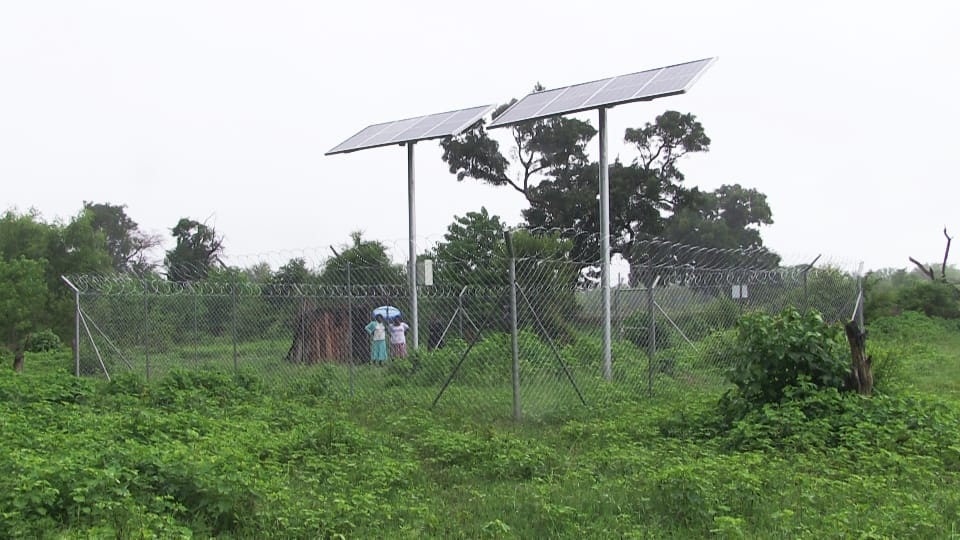Each project and asset is legally independent and has its own managers.
Clean water and basic sanitation in Lupane, Zimbabwe
This project aims to improve water, sanitation, and hygiene at 6 health centres and one school in the Mabhikwa area of the Lupane district.
This project is vital not only to increase access to and use of sanitation infrastructures and thereby contribute to reducing communicable diseases in general, but also to allow health centres to offer quality services in accordance with health standards.
Background
Lupane is one of the seven districts of North Matabeleland Province in Zimbabwe. The majority of its population (and the country in general) live in rural areas. These rural areas often suffer from serious deficiencies in water, sanitation, and hygiene services.
In the project area, less than 20% of the population had access to water, hand-washing facilities, and soap. In basic sanitation, less than 30% of the population had access to sanitation facilities, and more than 70% of the population defecated outdoors.
In terms of health facilities, 6 of the 13 health centers/hospitals in the district lacked adequate sanitation or water systems. Water and sanitation infrastructure and adequate water supply are an essential requirement for public health facilities to meet basic standards for patient care and infection control measures in clinics, health centers, and hospitals.

The intervention
With the support of Ferrovial and the District Water and Sanitation Sub Committee (DWSSC), World Vision aimed to restore and improve access to safe, adequate water and sanitation facilities at health facilities and primary schools located in Lupane District, North Matabeleland Province.
To ensure sustainability, World Vision strengthened the institutional organizational system responsible for the operation and maintenance of the infrastructure through personnel training and capacity building.
The measures implemented in the project were:
- Installation of 3 solar water distribution systems by pipeline and the respective water tanks at the Jotsholo clinic, the Punyuka primary school, and the Kwesemvubu school. This meant that the students had water for the first time in the 70 years the school had been operating.
- Renovation of the well and water distribution system in the Gomoza clinic and installation of a high tank and restoration of the wastewater drainage system. Two blocks with toilets and showers for pregnant women have been built in the same clinic.
- Construction of 4 incinerators for the disposal of solid waste at the Jotsholo clinic and the rural health center of Lupane and in the hospitals of St. Paul and St. Luke.
- Creation and training of 5 Water Management Committees at health centers and schools, and implementation of a maintenance protocol
- 3,1000 children were trained in health hygiene habits.
About World Vision NGO
World Vision is a Christian NGO for development, humanitarian aid, and promoting justice. It has been working with the most disadvantaged communities since 1950 to fight poverty and achieve sustainable development, helping everyone regardless of race, gender, ethnicity, and religion.
It works with local staff in thousands of communities around the world, bringing them closer to the people they work for and better understanding their needs.
It is present in 100 countries and involves responding to emergencies, conflicts, and natural disasters quickly.
A few facts:
- More than 4.2 million children have received support in the 1,660 development programs we work on.
- More than 64 million children have indirectly benefited from our work.
- More than 400 million children have benefited from World Vision International’s work in awareness-raising and advocacy.
- We have responded to 132 emergencies by assisting nearly 11 million people in more than 40 countries.
- All this is possible with the support of its more than 45,000 workers and 23,313 volunteers.

